
Themes
tribal music and musical instruments
SHARNAI , jammu & kashmir
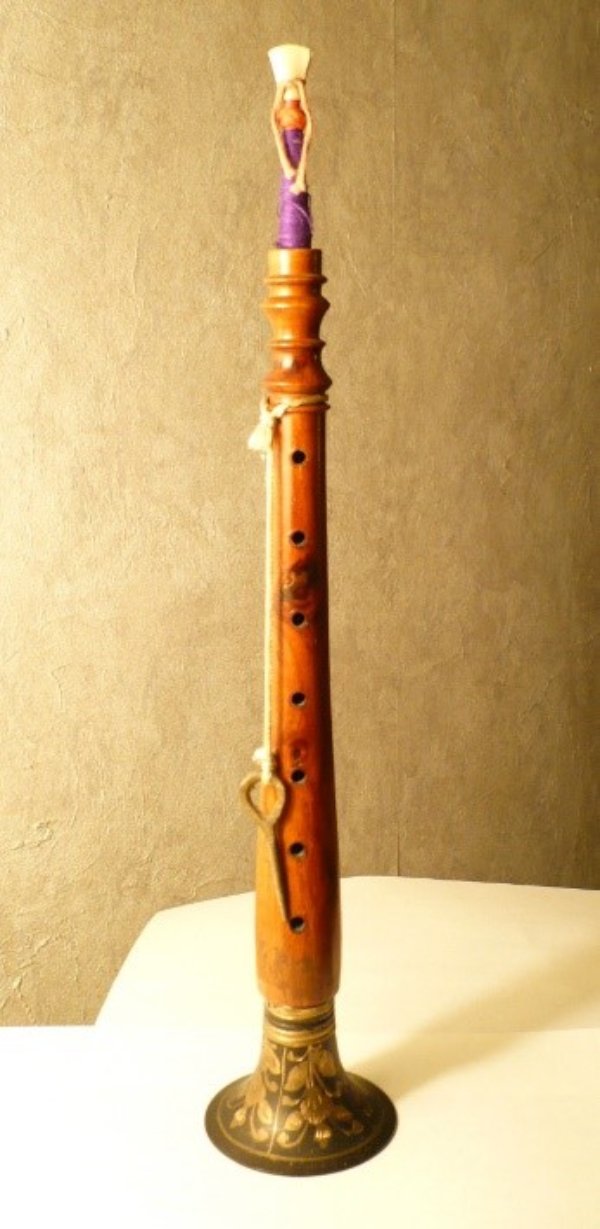
The Sharnai is a classic wind instrument based on the Persian terms "Surr" (feast) and "Nay" (pipe-reed). It finds significant application in the folk music cultures of the Gujjar society. Generally, it is combined with the Dhool drum to ensure a melodic support throughout different performances. The Sharnai is a very integral part of the social and ceremonial lifestyle of the Gujjars, particularly in celebrations, rituals, and traditional affairs, where they play to stimulate a feeling of reverence and gathering.
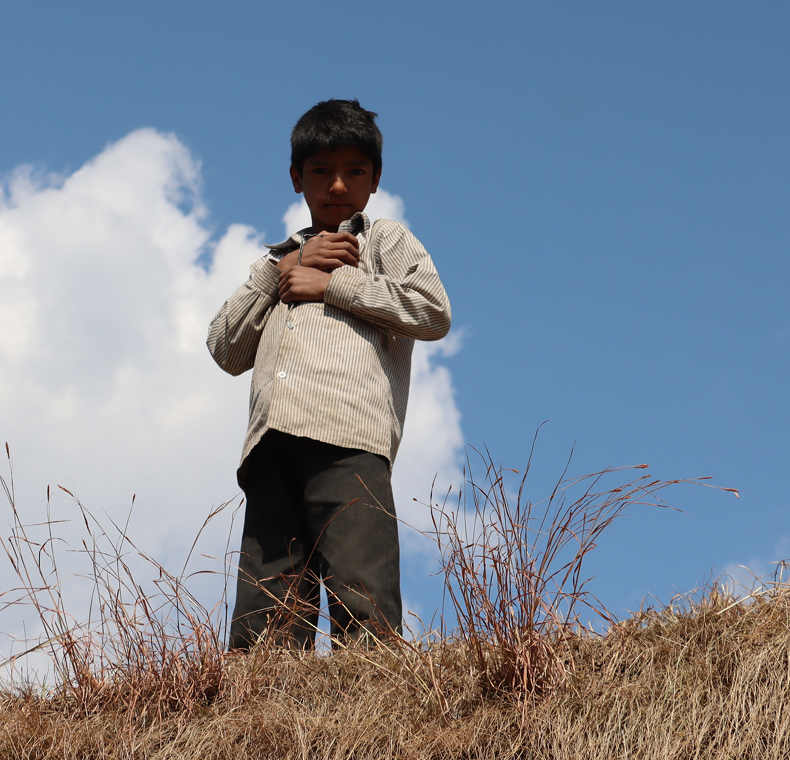
The Gujjar tribe, which considers itself nomadic and pastoral, lives all through Jammu, Kashmir, Punjab and also lives in northern India. Their culture is highly musical and includes a broad use of musical instruments like Sharnai and Dhool in their social and religious events. Their music epitomizes their strong bonding with their surroundings and beliefs. Sharnai is not only a symbol of their culture within their musical culture, but also an expression of tale formulation and preserving the heritage of their community.
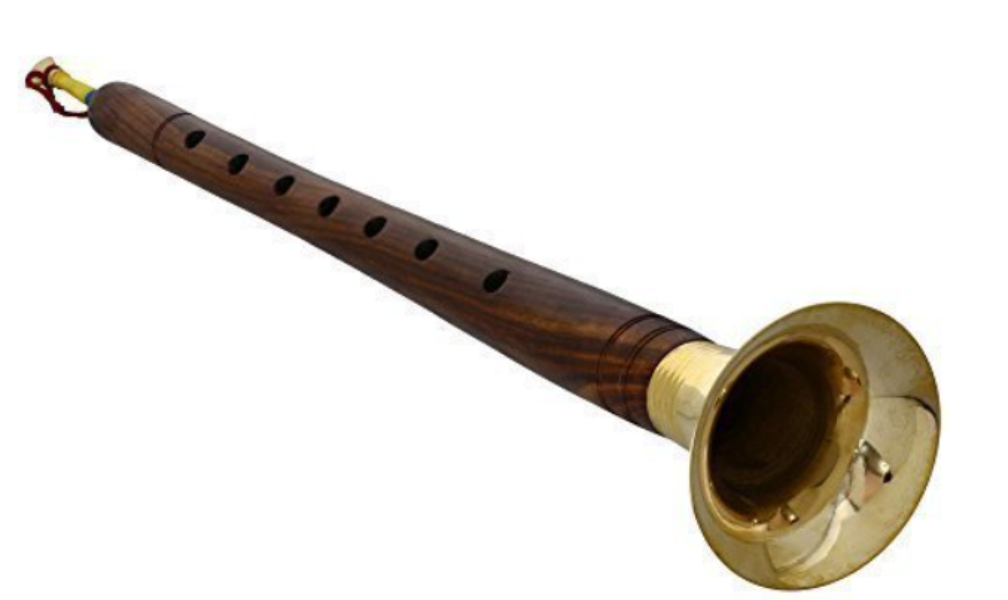
Sharnai is usually made from wood and reed, ensuring that the instruments produce a chubby, full-bodied, and resonant sound. The reed mouthpiece helps create a bright and shrill sound that is typical for this instrument. The wooden body gives the Sharnai strength and sturdiness in design. The simple design ensures that the instrument is light enough for easy transportation, quite fitting for the nomadic life of the Gujjars.
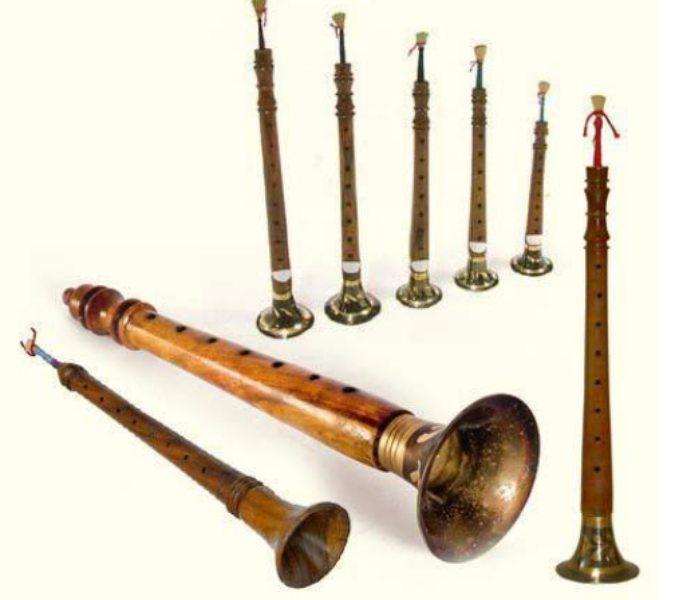
The Sharnai is typically played during cultural and ceremonial moments, usually in concordance with the Dhool drum. It is played along with wedding celebrations, festivals, and religious ceremonies by the Gujjars. During rituals, the role of the Sharnai is considered the most important, whereby it is played to set the atmosphere for a spiritual or communal event. Most often, it would be performed by the most senior member of the music troupe, thus emphasizing the instrument's status in their culture and its axial position in above rituals and celebrations.
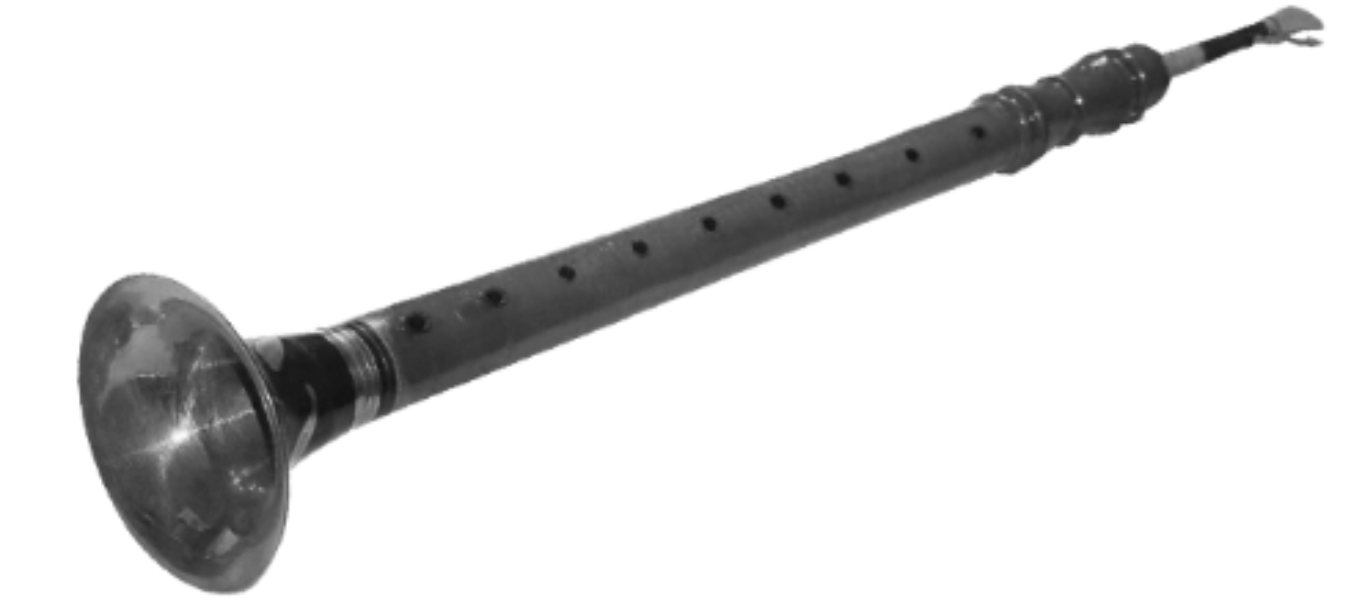
The Sharnai is a very important musical instrument with regard to the Gujjar community: beyond being one of the instruments, it actually stands for the rich culture of the tribe with their rituals. It constitutes an important cultural mark owing to its being used in very important social ceremonies like marriages and at certain religious ceremonies. It is the Sharnai, which has preserved the oral and musical culture of Gujjars for quite a long time and keeps them alive with a very strong identity in the changing world and modernized influences from outside.

